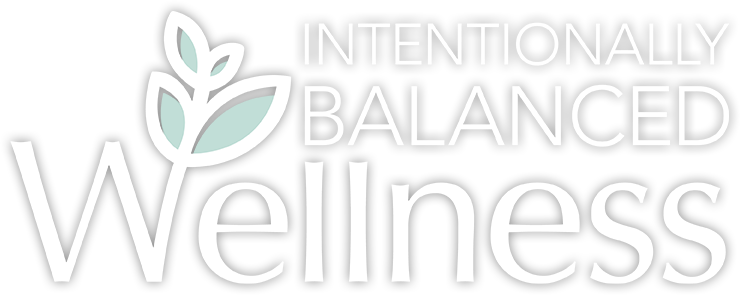Although all nutrients are important, there are some that are more important than others at managing anxiety naturally. In this article, I’ll tell you which ones I feel play the biggest role in my client’s anxiety. I’ll also give you ideas to help increase these nutrients in your diet.
Anxiety and Diet
The gut and the brain talk to each other through the gut brain axis (GBA). The GBA is a two-way connection. Meaning, the gut can connect to the brain’s emotional activity and the brain can connect to the gut’s digestive functioning. They are connected through neurons in the gut connecting to nerves in the nervous system.
I would say the link between anxiety and what you eat is relatively new to conventional medicine. This could possibly be because we are continually learning more and more about the role the gut and the microbiota (gut bacteria) play in all areas of our health. I would also say, as American’s health continues to decline, there is a direct correlation to the quality of food eaten. More researchers and those in healthcare are looking at what people are eating and how it makes a difference in all areas of health.
Managing Anxiety Naturally
In western, or conventional, medicine, the most used treatment for anxiety is medication. Some practitioners will also recommend you meet with a therapist as well, but it will usually always be medicine or a combination of both. You may have gone to your practitioner looking for help with anxiety and been given medicine, but you don’t want to continue to take it for the rest of your life. Now you are looking at managing anxiety naturally. You may be asking if it is even possible. Yes it is! Managing anxiety naturally takes changing your daily habits, thought patterns, and diet.
The Most Important Nutrients for Managing Anxiety Naturally
There are many nutrients that most people that eat a standard American diet are deficient in. Some of those nutrients can help in preventing or lessening anxiety. Below are the nutrients I find most important for managing anxiety naturally.
Magnesium
As far as nutrients to focus on to help with anxiety, this is my first recommendation. Most people are deficient in magnesium. Magnesium is used to calm and relax the body. If you chronically feel tense, have muscle weakness or cramps, or are constipated, chances are you are deficient in magnesium. Foods to focus on include: spinach, avocados, pumpkin seeds, green bananas and black beans.
B Vitamins
A diet lacking in B vitamins can lead to anxiety in multiple ways. B vitamins help pull energy out of food, so if you aren’t getting enough, you can be fatigued. Fatigue just makes everything worse. B vitamins are also involved in producing neurotransmitters that send calming signals to the brain. If the B vitamins aren’t there, the signals don’t get sent. Foods to focus on include: chicken, salmon, nutritional yeast, eggs, and leafy greens.
Vitamin D
Vitamin D deficiencies are linked to increased anxiety levels. Vitamin D helps produce the neurotransmitters serotonin and dopamine. These are the messengers sent to the brain that tells the brain the body feels good. If there isn’t enough vitamin D, those feel good messages don’t get sent. Vitamin D is produced through the skin with sun exposure. This is one reason why people that don’t get enough sun in the winter get Seasonal Affective Disorder. Foods to focus on include: fatty fish, egg yolks, liver and mushrooms.
Blood Sugar Balance
Ok these next two aren’t nutrients but they are very important parts of your diet and managing anxiety naturally.
Blood sugar swings, high and low, can trigger anxiety. Keeping a balanced intake of carbohydrates, protein and fat throughout the day is key to preventing major swings.
Microbiota Balance
The gut microbiota is crucial in managing anxiety naturally. The bacteria growing in the gut has the potential to produce hormones, aid in digestion, improve the immune system, create neurotransmitters, and signal to the brain that all is ok and safe. The bacteria growing also has the potential to create the opposite environment; meaning you don’t produce needed hormones, digestion gets put on the back burner, the immune system doesn’t function properly, and the signaling to the brain is more of a panic signal.
Let’s Connect!
Have you every tried changing your diet to manage anxiety naturally? What has worked the best for you? Comment below with your favorite tip or trick.



